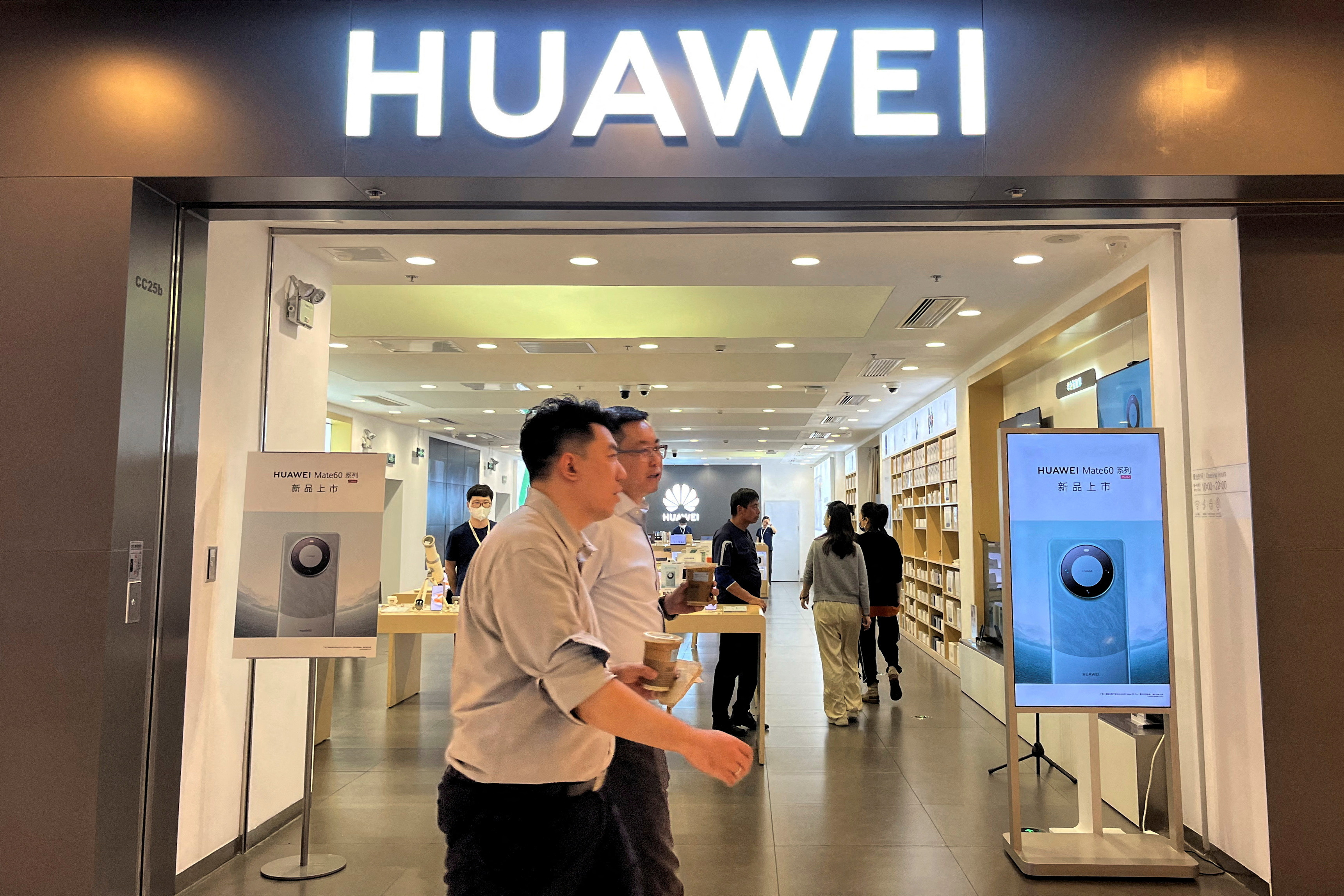China seems to have figured out how to make 7nm chips despite US sanctions
Foiled again, Team America
Dylan MartinFri 22 Jul 2022 // 17:55 UTCChinese semiconductor giant SMIC has reportedly been manufacturing 7-nanometer chips since last year, the best sign yet that China has found a way to develop advanced components despite US efforts to curb the country's homegrown silicon capabilities.
This is based on findings from American semiconductor analyst firm TechInsights, which recently bought a cryptocurrency-mining ASIC manufactured by SMIC and found that it uses a 7nm process after doing a study of the chip's die. The ASIC is designed by a company called MinerVa, which has been mass producing the chip since July 2021, according to its website.
TechInsights said SMIC's 7nm process appears to be a "close copy" of the one used by Taiwanese foundry giant TSMC. However, the firm said the custom chip was likely a "steppingstone" for SMIC achieving a "true 7nm process" that includes both scaled logic and memory bitcells.
The reason for this is crypto-mining ASICs "likely do not feature the typical bitcell memory that true 7nm technology definition requires," so it's more feasible that the chip is mostly a demonstration of 7nm logic.
"This is the most advanced technology product TechInsights has seen from SMIC so far and may be leading to a true 7nm process that incorporates scaled logic and memory bitcells," TechInsights said.
The development will likely be received as bad news for the US government, which has been trying to slow down China's ability to manufacture advanced chips over national security concerns.
While the 7nm crypto-mining chip is probably meant for consumer or commercial use, the process node will likely end up in military applications in China due to the country's "military-civil fusion" doctrine, where private companies must share their technologies with the nation's military.
- Foxconn faces fine for unsanctioned Chinese chip investments
- US expands efforts to hamstring China's chipmaking mojo
- China 'must seize TSMC' if the US were to impose sanctions
- Almost two-thirds of SMIC's Shanghai employees are living at work
Even before that, the US had successfully pressured the Dutch government to block ASML — the only provider of extreme ultraviolet light (EUV) lithography machines used to make chips on leading-edge nodes, such as 7nm — from selling such systems to China.
Despite these efforts, China has apparently managed to create finished products on a 7nm node.
One reason SMIC can do this is because EUV systems are not mandatory when crafting leading-edge chips. Instead, the chipmaker is likely using an older generation of lithography machines, called deep ultraviolet lithography (DUV), to manufacture 7nm chips.
There is precedent for this. TSMC and Samsung developed multiple 7nm nodes without EUV before adopting the machines for newer processes. However, this did come "at the cost of increased process complexity and design rule restrictions," TechInsights said. The foundry giants are now using EUV to reduce the complexity and costs of making such chips.
The implication is that while SMIC has the ability to make 7nm chips, it won't be easy. This also means the company will have to deal with more yield issues than if it were using EUV, according to TechInsights.
This is likely one reason the US has reportedly been trying to convince officials in the Netherlands to block ASML from selling DUV systems to China, though DUV is used more widely to produce less advanced chips for a wide range of devices. According to a BusinessKorea report, SMIC plans to invest $11 billion to grow its DUV capacity by 2023.
Chip world watcher Dylan Patel noted another implication for SMIC's 7nm capabilities. He said the development means China is now further ahead than the US or Europe in having 7nm contract chip manufacturing capabilities since American chipmaker Intel has yet to make its 7nm process available to foundry customers.
This isn't great since one of the two other regions with advanced chip foundry capabilities, Taiwan, is facing continuous aggression from China, which has sparked fears that losing access to the island nation's chips could trigger a "deep and immediate recession" in the US. ®
Sponsored: Sport is being transformed by cloud po



